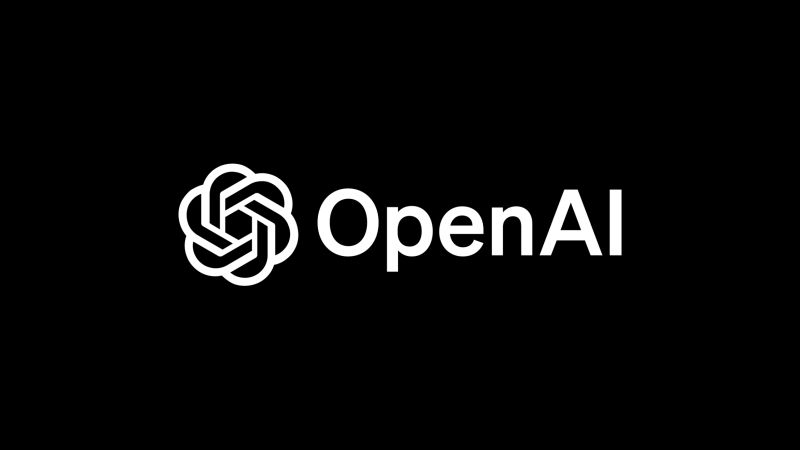Head of OpenAI, Sam Altman, is currently focusing on a project to solicit up to $7 trillion to address the problems plaguing generative artificial intelligence (AI) systems. These issues include a shortage of semiconductor components and high electricity costs.
Altman’s ambitious target
According to The Wall Street Journal, Altman has a history of funding start-ups that create inexpensive energy through fusion. Recently, he set another ambitious target—raising trillions of dollars to finance the construction of sufficient plants to significantly increase the production of AI computational accelerators.
Resourcing funds and negotiations
As per knowledgeable sources, Altman is actively negotiating with the US authorities, the ruling circles of the UAE, and TSMC management. He has envisioned raising an enormous sum of $5 or $7 trillion, along with funds from other sources, to build several new chip manufacturing facilities in the next few years. His proposed plan is to transfer these to TSMC for management and increase the production of chips for AI systems proportional to his development ambitions.
The significance of $7 trillion
It is worth noting that $7 trillion is an impressive amount. Not only when compared to investment projects but also in the context of some countries’ sovereign debt. By the end of the decade, the total turnover of the semiconductor components market will only reach $1 trillion. Meanwhile, the combined market capitalization of Microsoft and Apple, two of the most expensive American companies, is near $6 trillion.
Challenges ahead
Altman has informed not only the US Secretary of Commerce Gina Raimondo, TSMC management, but also the UAE government, from whom he intends to solicit a significant portion of the required funds. However, numerous challenges stand in the way of his ambitious project. It is unclear where these many new chip plants will be built. The US is interested in having these facilities on its soil. For TSMC, managing such large-scale overseas projects can present serious personnel problems. Simultaneously, Arab investors are obviously interested in developing the UAE’s industries. Also, the US government is wary of Arab countries investing in advanced sectors of the American economy. These challenges would put Altman’s proposal to the test, making it more of a speculative proposal than an actionable plan at its current stage.





